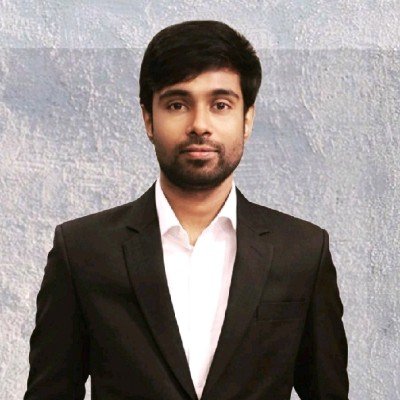Empowering Children through a Rights-Based Approach
/EWB-SWE’s Commitment on World Children's Day 2023
As we celebrate World Children's Day 2023, Engineers Without Borders Sweden (EWB-Swe) takes pride in aligning our mission with a profound commitment to upholding the rights of every child. This global observance, marked annually on November 20th, commemorates the adoption of the United Nations Convention on the Rights of the Child (UNCRC) in 1989. This year's theme, 'For Every Child, Every Right', resonates deeply with our dedication to ensuring the safety and well-being of children worldwide.
Orphanage centre in Chonyonyo, Karagwe, Tanzania
The Roots of World Children's Day
Since 1954, World Children's Day has served as a reminder of the importance of prioritizing children's rights in the pursuit of a better world. The UNCRC outlines the special rights children require for protection, care, and support during their formative years.
A Rights-Based Approach
At EWB-Swe, we actively incorporate a rights-based approach into our projects, recognizing the transformative impact it can have on the well-being of individuals and communities. This approach goes beyond traditional aid models, viewing children and adults not as passive beneficiaries but as active agents in decisions shaping their lives. In essence, a rights-based approach centers on recognizing and fulfilling the fundamental rights of individuals, primarily children, ensuring they actively participate in the decision-making processes that affect them. By prioritizing these rights, our aim is to empower communities, enabling children to assert their entitlement to respect, protection, and the necessary support for their rightful development.
Example Project: An Initiative to Improve Education Facilities in Tanzania (SWASH Project)
In collaboration with the Tanzanian aid organization Mavuno Project, EWB-SWE has been actively engaged in a transformative initiative for over ten years. Focused on multiple districts in North-Western Tanzania, this SWASH (School Water, Sanitation, and Hygiene) project aims to systematically enhance water and sanitation conditions in 131 primary schools, benefitting approximately 80,000 children.
Orphanage centre in Chonyonyo, Karagwe, Tanzania
The reality in these regions involves overcrowded, understaffed schools with substandard infrastructure and limited access to water and electricity. This challenging environment significantly hampers the quality of education, with insufficient drinking water, unsanitary conditions, and a lack of facilities for girls during menstruation leading to a high absence rate. EWB-SWE's goal has been to implement water tanks providing clean water in 30 schools. Despite numerous challenges, 21 schools have already received clean water, benefiting over 20,000 students.
Our ongoing efforts include designing adequate toilets, exploring water purification techniques, and enhancing water quality in collaboration with Mavuno. This holistic approach not only improves water access but also contributes to creating a conducive environment for education, health, and overall well-being, where children of the communities can have a happy childhood.
On this World Children's Day
EWB-Swe invites you to join us in championing a rights-based approach to secure every child's safety, happiness, and access to opportunities. Together, we can create a world where children's rights are not just acknowledged but actively upheld, fostering a brighter future for generations to come. In supporting initiatives like our SWASH project, we strive to make a lasting impact on children's lives, ensuring they grow up in environments that nurture their potential and provide a foundation for a better tomorrow.
Sakib Muktadir
SAKIB MUKTADIR, INTERNATIONAL PROJECTS INTERN AT EWB-SWE








